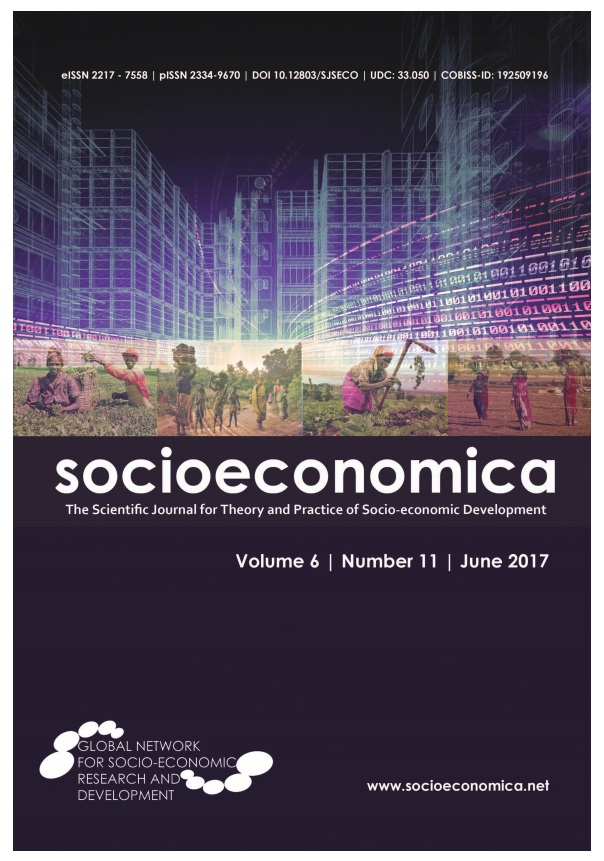Requisite Skills for Graduate Success: Perceptions of the Nigerian Construction Industry
Requisite Skills for Graduate Success: Perceptions of the Nigerian Construction Industry
Author(s): Clinton O. Aigbavboa, John AliuSubject(s): National Economy, Higher Education , Socio-Economic Research
Published by: Naučno društvo za promociju i unapređenje društvenih nauka AKROASIS
Keywords: Nigerian construction industry; graduate skills; construction education; higher education intuitions; employability
Summary/Abstract: The higher education institutions (HEIs) have been construed as a hub where skilled labour is produced for societal and global consumption. This is premised on the fact that pedagogy delivered at this level is key in improving human capital which broadens employment opportunities among construction graduates. However, there seems to be disparate views about the skills required and those possessed by graduates from various HEIs in Nigeria. Consequently, a number of present day graduates are either underemployed or jobless. Through a structured questionnaire survey, this paper identifies the various skills that enable graduates to succeed in the Nigerian construction industry. The sample for this study consisted of one hundred and twenty-six (126) respondents drawn from professionals in the Nigerian construction industry. Factor analysis reveals five clusters as the expected skills for graduate success, listed in the order of importance as critical thinking and workplace skills, academic and management skills, personal skills, work ethics and business skills, and technical and leadership skills. The study suggests that for present day graduates to meet the needs of the construction industry, HEIs are required to identify various approaches of upscaling construction education. Present day students should also seek to improve their non-academic skills to a reasonable extent before they transit into the construction industry. The study, therefore, recommends that the Nigerian university curriculum should be revisited and revamped to reflect key courses that will improve the skills of students so as to enable them to meet the rising needs of the Nigerian construction industry.
Journal: Socioeconomica - Naučni časopis za teoriju i praksu društveno-ekonomskog razvoja
- Issue Year: 6/2017
- Issue No: 11
- Page Range: 21-42
- Page Count: 22
- Language: English

